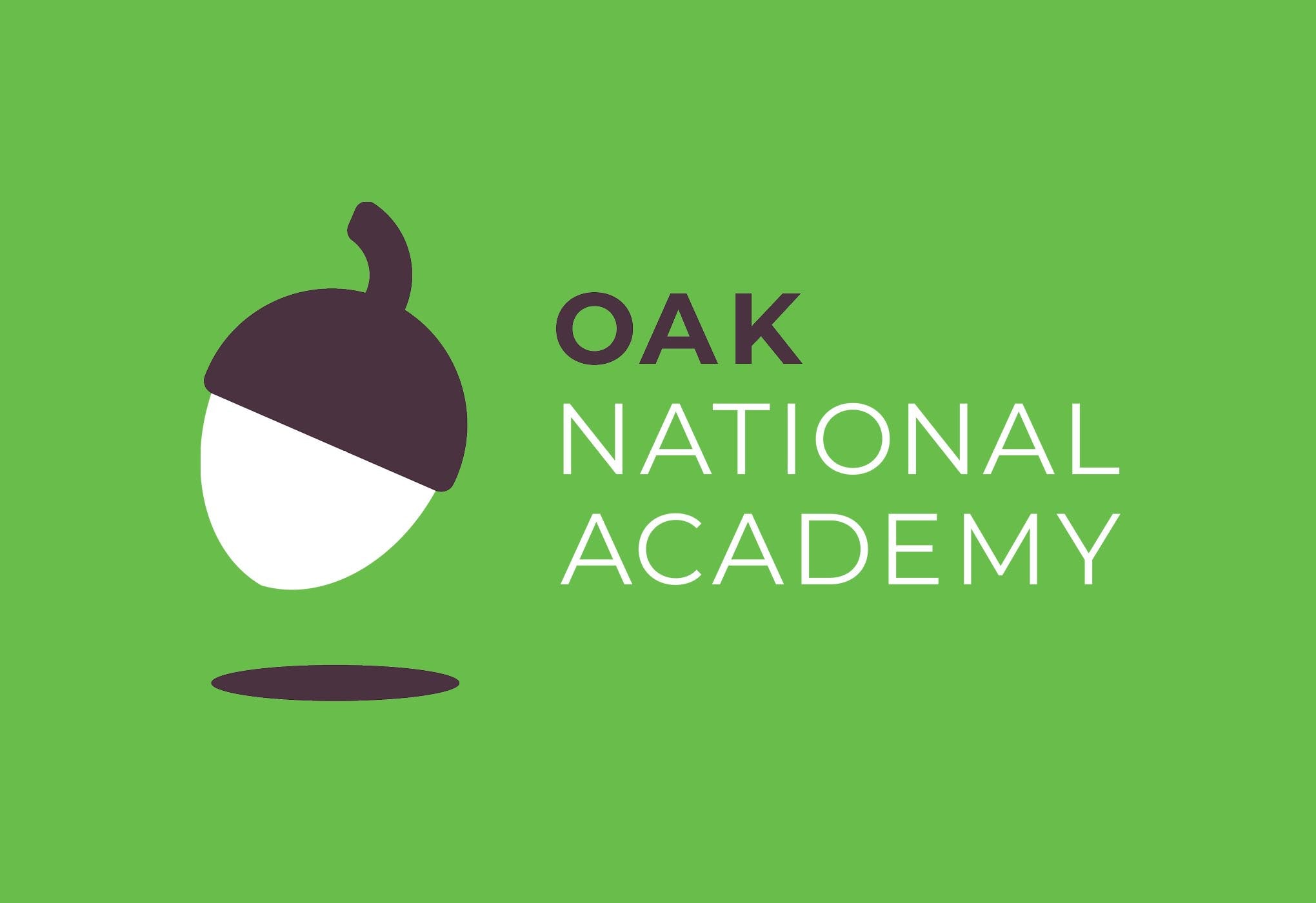Learning in Lockdown
Jenny Thompson is Principal at Dixons Trinity Academy.
In the absence of routine, everything becomes negotiation perched upon the emotions of the moment. It can be exhausting. Alarms and times that once led to automatic activities as simple as breakfast may now start a debate with ourselves, our families, our children.
For the last couple of weeks I’ve been producing lessons for Oak National Academy, an online classroom to support teachers and parents during lockdown. Beyond our expectations, it’s been reaching students in their hundreds of thousands each day. This has been hard: deciding what to teach, how it will work in the virtual format, whether it is worthy… but some things are too important not to do. We might not be walking on the moon, but, to borrow JFK’s words, we are doing this because it is hard. So often, the most important things are… just ask children who spend their days in school.
If, through our best efforts, we can give a little routine back and strip out a little of the lockdown emotional overload then our work will have been purposeful. If we can help children learn, it will have been worth it.
And this is only our best effort done at speed and learning as we go – we are parents and carers too. Sometimes, we don’t appear in the video lessons not because of some sophisticated plan but because the baby is sleeping and it is a stolen moment in which to teach and record with pjs on and hair to scare.
We have designed our lessons to try and help learning happen. That might sound obvious, but it isn’t. We could offer the breather of routine through entertainment (and that, in these days, would be fine!)… but it isn’t learning. Learning takes time. A lesson is not a space big enough for learning to happen in completeness – it might be big enough to introduce an idea or return to one. Sometimes, a lesson feels great because it has shared something new that might be exciting and it stays all shiny at the front of our thinking for a time. But, come back to it in days or weeks and bits have started to fray – the memory has become patchy. And, over time, the missing bits become bigger and bigger. Real learning, counterintuitively, often lacks that comforting feeling of being complete. It is often not very shiny, instead, it can be pretty hard and needs to be returned to, over and over again, to stop it being forgotten. Come back in a few days, then a couple of weeks, then a few months and, after a time, it’s there for good.
This is a cultural shift to thinking about a lesson… the learning will not feel complete because it has to be returned to, spaced out and the forgetting interrupted.
This is why we didn’t just record a bunch of exciting lessons (as teachers, we’ve all got those and love them!), we have tried to create a curriculum, because curriculum considers not just what you learn in each lesson but also how that is sequenced, when the ideas will be returned to, how frequently… how it will be remembered.
We’ve also been shiny sometimes too – creating a curriculum doesn’t mean you can’t.
It is hard to get this right because everyone is different, and our classes have millions of children in them. In a little classroom in a school (where it is still really hard), sometimes you know the children so well that you can shape decisions to make sure the learning is just right for them. We know we can’t do that at Oak National Academy, but we also know it is worth trying.
Lockdown, you have taught us many things… but oh, the casual privilege of routine is made palpable by its absence! For now, I’m off to eat breakfast, maybe…
